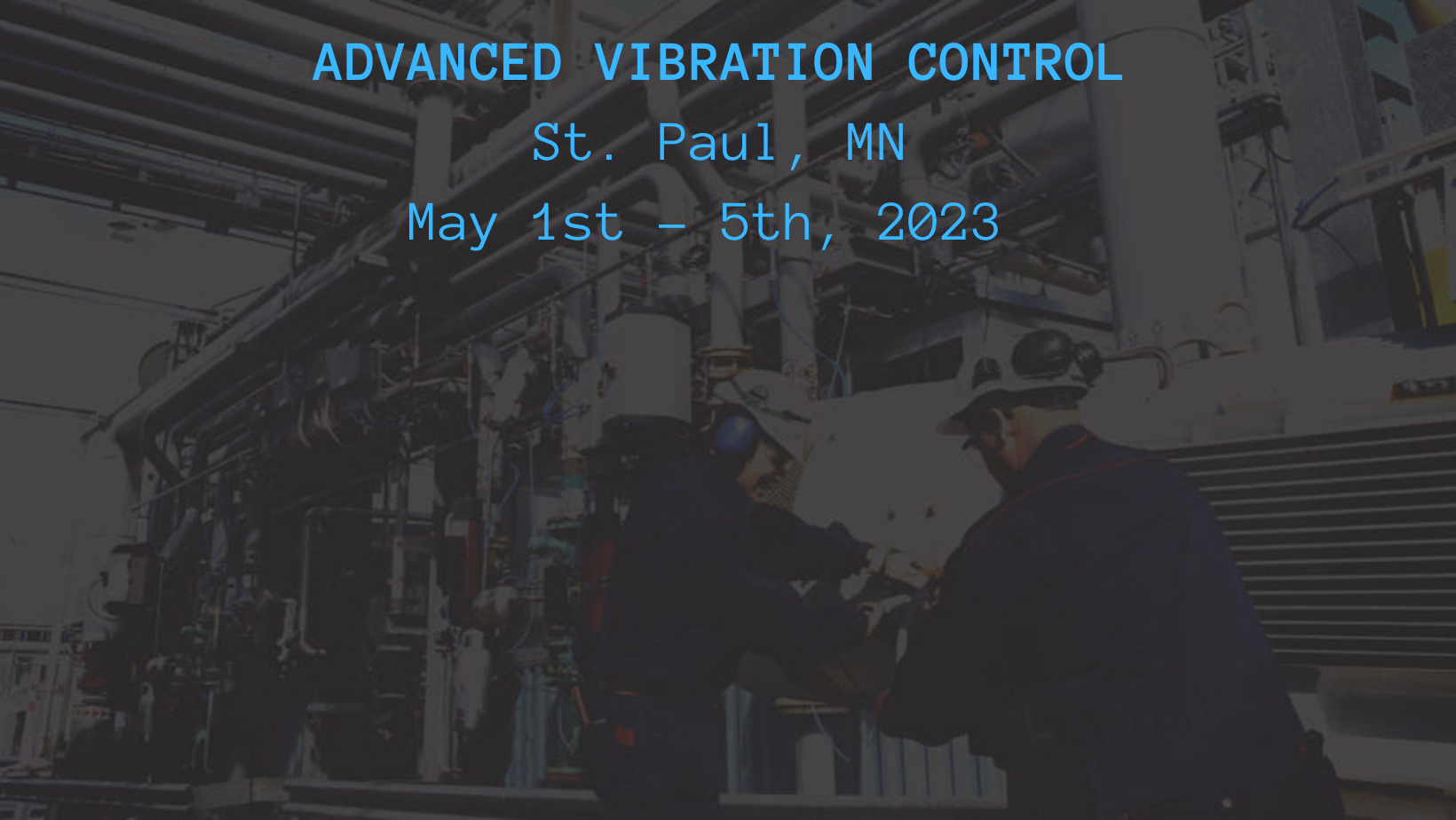
Loading…

Tags
Select the Use button to add a tag to the body of your email. You may also use tags in the subject of your email by copying and pasting them directly in.
| {FIRST_NAME} | Adds the recipients First Name. | Use |
| {LAST_NAME} | Adds the recipients Last Name. | Use |
| {COMPANY_NAME} | Adds the Company Name. | Use |
| {PORTAL_NAME} | Adds the application portals name. | Use |
| {MEMBER_NAME} | Adds the Recipients Membership name. | Use |
| {SIGNATURE_OPT_IN} | Adds the Opt-in link. | Use |
| {SIGNATURE_OPT_OUT} | Add the opt-out link. | Use |
| %signature% | Adds your preferred signature block. | Use |
| {Event_Start_Date} | Adds the Event's Start Date.(Events Only) | Use |
| {Event_End_Date} | Adds the Event's End Date.(Events Only) | Use |
| {Event_Name} | Adds the Event's Name.(Events Only) | Use |
| {Event_Description} | Adds the Event's Description.(Events Only) | Use |
| {Online_Training_Description} | Adds the Online Training Description.(Online Training Only) | Use |
| {Event_Specific_Dates} | Adds the Event's specific dates.(Events Only) | Use |
| {member_number} | Adds the Membership Number. | Use |
| {MemberSince} | Adds the Member Since Date. | Use |
| {CONTACTEMAIL} | Adds the Contact's Email Address. | Use |
| {EVENT_CREDITS} | Adds the Event's Credits.(Events Only) | Use |
| {CERTIFICATE_NUMBER} | Adds the Contact's Certificate Number | Use |
| {EVENTLOCATION} | Adds the Event's Location. | Use |
| {TOTALEVENTCREDITS} | The total number of credits that the contact has earned through the event tickets. | Use |
| {ASAPPEARSONBADGE} | Display the text of as appears field in the event setup. | Use |
| {contact_organization} | Displays the organization name of the contact. | Use |
| {RENEWALDATE} | Adds the Member Renewal Date in (yyyy-mm-dd). | Use |
| {MEMBERSHIP_YEAR} | Adds the Member's Membership Year | Use |
| {RENEWALDATE_MM-DD-YYYY} | Adds the Member Renewal Date in (mm-dd-yyyy). | Use |
| {LMS_CREDIT} | The number of credits the LMS course is worth for Continuing Education | Use |
| {COLLECTION_PERIOD_END-DATE_YYYY_MM_DD} | The end date of the CE collection period end date | Use |
| {LMS_COURSE_COMPLETION_DATE} | The completion date of the LMS course | Use |
| {INCEPTION_DATE} | Adds the Member Inception Date in (yyyy-mm-dd). | Use |

CAT IV – Advanced Vibration Control (AVC)
AVC is targeted at solving complex vibration problems involving transient and forced vibrations; resonance, isolation and damping in both structural dynamic and rotor dynamic systems. It is partial preparation for the Vibration Analyst Category IV Certification Exam. The workshops and case studies scheduled throughout the training course are used to illustrate theory and applications.
All registered attendees in the Advanced Vibration Control training course will receive the following:
- Course Manual
- Workbook with vibration related questions requiring a solution and Equation Sheet
- Calculator
- Electronic Certificate of completion
It is recommended that attendees review the Body of Knowledge found in ISO 18436-2 Annex A, which can be found at vi-institute.org under Certification, prior to the training course.
The AVC course begins daily at 8:00 A.M. on Monday - Friday, ending at 5:00 P.M on Monday – Thursday and around 3 pm on Friday.
Training and Workshops Include:
1.0 Introduction; Effect of vibration level on fatigue, structural vs. mechanical vibration severity evaluation, industry specific severity standards. Workshop #1
2.0 Transient Free Vibrations; Damped and undamped free vibrations of single and multiple degree-of-freedom systems. Modal testing to determine natural frequencies, damping, and mode shapes. Intro to the concept of modal participation. Viscous versus hysteretic versus friction damping. Log decrement, equivalent spring and natural frequency calculations. Tuning natural frequencies to avoid resonance by changing stiffness and/or mass. Linear & non-linear stiffness, and temperature & strain rate effects on stiffness. Workshop #2
3.0 Forced Vibrations; Forced harmonic response, damping analysis, and base motion response. Forced response to periodic non-harmonic and impulse forces. Sensitivity of modes to placement of dynamic forces. Case histories involving force modification as a form of vibration control. Workshop #3
4.0 Basic Rotor Dynamic Vibration Control; Single & multiple degree-of-freedom models, modal mass, mode shapes, limitations of different modeling techniques, support & rotor stiffness asymmetry, flexible impellers, gyroscopic effects, centrifugal stress stiffening, and Lomakin effect in pump and multi-stage blower rotors. Basic Rotor Instabilities on Oil-Film Bearings. Rigid Body versus Elastic Modes. Natural frequency tuning techniques for rotors. Workshop #4
5.0 Basic Structural Dynamics; Dynamic response of structural components of machines and flexible floor framing systems. Natural frequency tuning techniques to reduce vibration of structures. Theory and application of tuned Dynamic Vibration Absorbers (DVA) and Auxiliary Mass Dampers. Workshop #5
6.0 Interaction of Rotor Dynamics with Structural Dynamics; Evaluation of response of systems where there is significant interaction between rotor and structural dynamics using computer-aided solution techniques and manual multi-degree-of-freedom calculation methods. Workshop #6
7.0 Isolation; Theory of dynamic force Isolation, advantages and disadvantages of different isolator types, stability requirements for isolation systems, decoupling of isolated systems from support system. Isolation of Shock & Impulses versus harmonic forces. Case histories involving proper and improper use of isolation. Workshop #7
8.0 Systems subjected to Dynamic Pressure Pulsations; Sources of pulsations in pumps, fans & compressors, structural dynamics of piping and ductwork, acoustic resonance, vibration severity criteria for pipes, vortex shedding problems and solutions. Pulsation Control using pulsation dampeners and orifices. Workshop #8
Instructor: Robert J. Sayer, PE
Course Agenda:
Monday - Thursday: 8:00 A.M. - 5:00 P.M.
Friday: 8:00 A.M. – 3:00 P.M.
Optional Cat IV exam - Saturday, 8:00 A.M. - 1:00 P.M.
Registration Fee:
Member: $2,550
Non-Member: $2,650
Includes Course Materials, Breakfast , Lunch and Breaks
To join as a member, and receive a discount, and a year of benefits, click HERE
If you would like materials shipped to you in advance of the course, they will be shipped a week in advance and there will be a $100 expedited materials fee.
Location:
175 West Kellogg Boulevard | Saint Paul, MN 55102
Optional Certification Exam: A Vibration Analyst Category IV Certification Exam will need to be scheduled outside of this training agenda. Typically, the Vibration Analyst Category IV Certification Exam is scheduled for 5 hours on Saturday morning following the training course. (Course and Exam schedule are always subject to change based on scheduling or unforeseen circumstances.) Please be sure you have completed the CF009 Exam Application in advance of your exam
Optional Certification Exam to be administered on the day AFTER the course:
Vibration Analyst Category I: $350
Vibration Analyst Category II: $400
Vibration Analyst Category III: $450
Vibration Analyst Category IV: $500
Balancing Field Specialist Exam: $350
Photography and Video Policy:
By participating in the Vibration Institute events, we (VI) reserve the right to use any photograph/video taken for any of our in-person events or marketing platforms. This is not limited to but includes: promotional materials, website, social media, etc.
Advanced Vibration Control - CAT IV for ISO-18436 - St. Paul, MN
- Monday May 01 2023, 8:00 AM - 5:00 PM
Tuesday May 02 2023, 8:00 AM - 5:00 PM
Wednesday May 03 2023, 8:00 AM - 5:00 PM
Thursday May 04 2023, 8:00 AM - 5:00 PM
Friday May 05 2023, 8:00 AM - 3:00 PM -
175 West Kellogg Boulevard
St Paul, Minnesota
United States
55102
The Vibration Institute respects the privacy of its members and other visitors to its website. The Institute believes electronic commerce and online activities are to be used responsibly and appropriately. The following policy has been adopted to ensure online privacy of its users.
If you would like to join our network of esteemed colleagues, improve your skills, and expand your education in the study of machine vibrations, get in touch and get started as a member.
What Information Does the Vibration Institute Collect?
It is our policy to collect and store only personal information that our members and visitors knowingly provide. The data the Vibration Institute collects is used to help better serve its members. The Vibration Institute and its direct subsidiaries use collected data to improve its own web content; to respond to visitors’ interests, needs and preferences; and to develop new products and services.
The Vibration Institute currently makes attendee contact information available to those who register for its training courses and conferences. Users may request that the Vibration Institute refrain from disclosing the data it collects to third parties when they are providing such information. Additionally, users may contact the Institute at (630) 654-2254 or information@vi-institute.org to express their preferences and inquiries. The Institute does not provide our contact list to any outside parties for commercial use.
The Vibration Institute does not collect any personal information from users browsing its Website. Only aggregate data, such as the number of hits per page, is collected. Such aggregate data is only used for internal and marketing purposes.
For the purposes of the Data Protection Act(s) 1984 and 1998 (as applicable), the Vibration Institute or its agents must store, host and otherwise process the information (including personal data) supplied by the user when registering for its Website. The Vibration Institute may send such data outside the European Economic Area for processing. If the user resides in the European Union, consent is requested, allowing the volunteered, personal information to be transferred and stored in countries outside of the EU, including the United States.
The Vibration Institute does not disclose or retain credit card account information provided by its members and customers. When members and customers choose to pay using their credit cards, the Vibration Institute submits the information needed to obtain payment to the appropriate secure clearinghouse.
Individuals certified according to the Vibration Institute’s Vibration Analyst scheme must recognize the precepts of personal integrity and professional competence as international principles.
Accordingly,
Certified individuals shall:
I. Perform their professional duties with proper regard for the physical environment and the safety, health and well-being of the public;
II. Undertake only those vibration tasks for which they are competent by virtue of their training and experience, and where warranted, engage or advise the engagement of such analysts as are required to enable them to properly complete assignments;
III. Conduct themselves in a responsible manner and utilize fair and equitable business practices in dealing with colleagues, clients and associates;
IV. Protect to the fullest extent possible, consistent with the well-being of the public, any information given them in confidence by an employer, colleague or member of the public;
V. Refrain from making unjustified statement or from performing unethical acts which would discredit the certification program based on this scheme;
VI. Indicate to the employer or client any adverse consequences which may result from an over-ruling of the technical judgment by a non-technical authority;
VII. Avoid conflicts of interest with any employer or client, and if any such conflicts should arise in the performance of work inform the affected persons promptly of the circumstances;
VIII. Strive to maintain their proficiency by updating the technical knowledge as required to properly perform condition monitoring and diagnostics measurement and analysis techniques; and
IX. Refrain from misuse of the Institute’s logo and certification status.
X. Inform the Vibration Institute, without delay, of matters that can affect the capability of the certified person to continue to fulfill the certification requirements. Failure to do so may result in forfeiture of your certificate.
